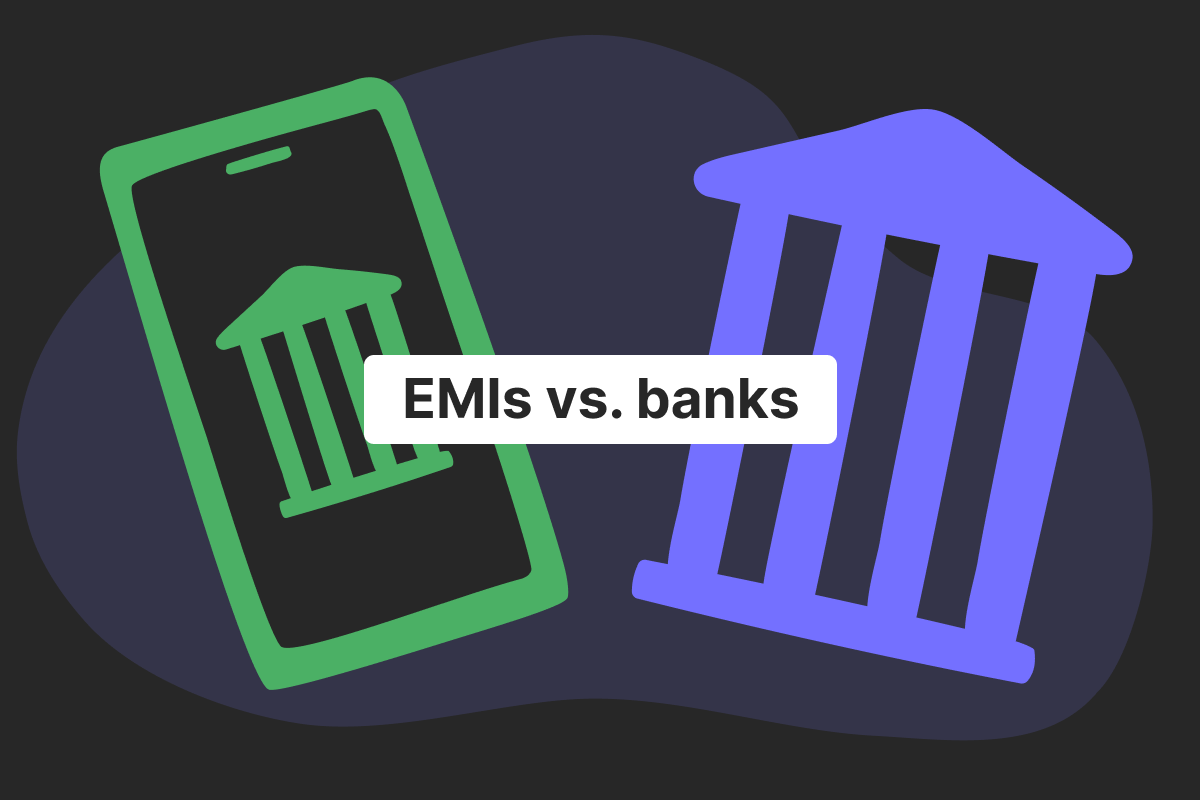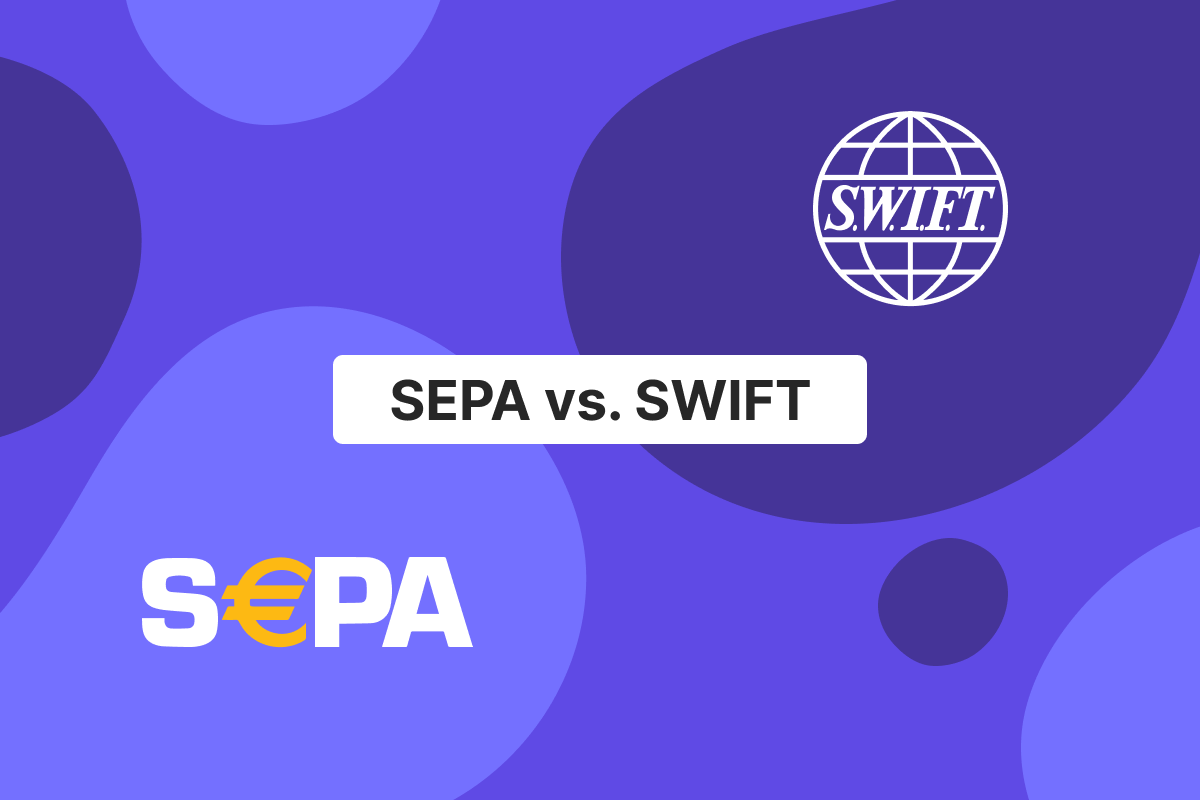E-wallets are becoming increasingly popular, but how does this trend affect how merchants use a payment gateway? Digital wallets are powered by advanced e-wallet technology as a safer modern replacement for physical wallets holding cash.
Virtual wallets are convenient for consumers making online transactions, but not all merchants are clear on how their payment gateway fits with the digital wallet payment process. We’ll be answering the most important questions about electronic wallets, payment gateway-only solutions, and how Genome can help.
Digital wallet vs. payment gateway
Digital wallets and payment gateways serve distinct roles in the online payment ecosystem. Digital wallets, such as Apple Pay and Google Pay, allow users to store and manage their payment information securely. It is a convenient way to make transactions without repeatedly entering the card details. They may enhance the payment process with features like loyalty programs and instant refunds, too.
On the other hand, a payment gateway, like PayPal or Stripe, acts as an intermediary between the e-commerce merchant and the customer. They verify and process payment details to ensure secure transactions that the merchant or marketplace owner can accept with confidence.
While e-wallets focus on user convenience and data storage, payment gateways emphasize security and transaction validation, making them essential for online payment processing.
Open an account
in Genome online
What is a digital wallet?
A digital wallet is a modern payment method that allows users to store their financial information securely and make transactions quickly and easily. Unlike traditional physical wallets, e-wallets or digital wallets store electronic money and can be accessed via a smartphone, tablet, or computer. Here, you can see your balance and payment history data at any time.
They integrate seamlessly with e-commerce platforms and payment gateways, offering a convenient and efficient way to pay for goods and services online. Digital wallets support multiple payment methods, including credit cards and bank transfers. They enhance the payment process by allowing users to complete transactions with just a few clicks.
Some offer additional features, such as easy access to loyalty programs and rewards in the e-wallet system. They also increase safety thanks to enhanced security measures like encryption and tokenization. It protects sensitive payment history data and keeps the cards completely secure during purchases and such transactions.
Overview of payment solutions
The top payment solutions are designed to facilitate secure and efficient transactions between customers and merchants. These solutions include payment gateways, digital wallets, and payment processors, each playing a crucial role in a tightly integrated payment process.
Payment gateways like PayPal and Stripe enable merchants to accept online payments.
Digital wallets, like Apple Pay and Google Pay, allow customers to store their payment information securely in an e-wallet system.
A payment processor handles the technical aspects of processing transactions, ensuring that funds are transferred correctly and efficiently.
What is an e-wallet?
An electronic wallet is an application used as an online version of people’s physical wallets. You can store money in them and pay for goods with no need to make a direct bank payment or exchange personal data.
The wallet provider will make security the main concern, so expect a service with powerful encryption and two-factor authentication. In addition to being able to process monetary transactions, this type of wallet gives you digital space to store cash safely. Digital wallet systems can also be used as a method of authentication, saving details such as your ID and shipping address.
How to get started
It’s easy to download digital wallet software as an app for Apple Pay or use the provider’s website on a browser. You need to open an account, which means being asked to complete their customer data forms and verify your identity.
Effective e-money balance management is crucial when using electronic wallet technology. Functions like top-up and withdrawal processes can be used to move money from your main bank account or debit card to the wallet.
Virtual wallets are massively popular, as people find them convenient and easy to pay online while looking to save fees on transfers. Merchants can receive payments from e-wallets by contracting the services of payment companies like Stripe and Alipay, allowing instant payment transactions.
Some merchants go a step further and use thin wallets, aka server-side digital wallets. Contrary to customers’ virtual wallets, these wallets are situated on the merchant’s site and created for each buyer. Server-side wallets contain financial and personal information about the company’s customers. A person with this type of wallet needs to enter their connected email address and password on the merchant site to make a purchase.
To see how digital payments work, we first need to see the key differences between digital wallets, mobile wallets, and e-wallets.
Open an account
in Genome online
What types of e-wallets are there?
All of the types of electronic wallets listed below have a lot in common. They offer a secure payment solution that keeps customer data safe during transactions. Some people use the names of the different wallets to refer to any type of digital wallet that can be used to make electronic transactions. However, some differences make each kind of wallet account unique.
e-Wallets
These e-wallets are used to store money as well as to make transactions and payments. The process begins when you add funds to the wallet to make an online payment. A payment processor ensures that the money reaches the merchant swiftly.
E-wallets also offer flexibility in handling refunds, allowing merchants to refund money directly to an e-wallet instead of the original payment source. Financial and personal information is stored within the e-wallet system, making future operations swifter.
Mobile wallets
It is the type of wallet commonly used with the “tap to pay” method in stores. It’s one of the speediest modern digital payment methods, as you just need to hold the smartphone next to a payment terminal.
Near Field Communication (NFC) technology is used in wallets like Apple Pay, Samsung Pay, and Google Wallet. Rather than storing money in the wallet, the payment flow sees money move directly from the bank card stored in the wallet to the merchant account. The merchant can refund money directly to the same card from which the payment was made.
Digital wallets
Digital wallets are usually less functional as a separate entity because they are attached to a bank account and not used to store money. Digital wallets can also support multiple payment methods, including bank transfers, enhancing their versatility as a payment solution.
A digital wallet is a vessel to store your banking and personal information and allows you to make transactions much faster and easier. All your credit card information will be stored within a digital wallet. During transactions, you only need to enter your wallet username and password to buy something online.
E-wallets and security
Digital wallets offer one of the most secure ways to store and move payment data. They offer simple payment processing from the store’s point of view, but behind the scenes, the payment gateway store ensures that the transaction is secure and smooth.
Advanced security measures, such as encryption and tokenization, protect sensitive data such as client name and e-wallet balance.
E-wallets also provide an additional layer of security to payment transactions. Customers don’t need to share their payment information with merchants, with payment instrument tokenization keeping the details secure. Since e-wallets can be used for online and offline transactions, they make a convenient payment solution in different situations.
The key benefits of digital wallets
Digital wallets offer numerous benefits, including:
Convenience. They can be used equally easily online and offline. In-wallet refunds are also fast and simple for merchants to complete.
Security. Encryption and tokenization make this a solid option for secure e-commerce transactions.
The customer experience is enhanced by the way that e-wallets can be used for rewards and loyalty programs.
Efficiency. With a digital wallet, customers can make transactions or receive a refund quickly and easily without the need to carry cash or credit cards.
In terms of drawbacks, customers should be aware of the transaction fees charged by this type of payment system.
What is a payment gateway or payment processor?
A payment gateway is a service supplied by a payment service provider or a bank to accept credit card payments online. A payment gateway is used to verify a credit card owner who buys something from a merchant by processing card details, thus confirming the transaction isn’t fraudulent.
Payment gateways often provide just payment processing, focusing solely on facilitating transactions between customers and merchants. The payment gateway process goes like this:
A customer adds products to a shopping cart on an e-commerce site.
A payment gateway needs to make sure that the buyer uses their card.
That’s why a customer needs to enter their credit card details on external payment pages to verify their identity.
After the payment gateway is done with the verification process, the payment request is redirected to a PSP.
These are the main details about payment gateways, as we already covered this in Genome’s guide, so make sure you check it out.
Open an account
in Genome online
What is the difference between an e-wallet and a payment gateway?
We can’t compare payment gateways and electronic wallets. The former is a payment processor element that is a crucial part of the e-commerce payment system. The latter payment method requires a payment gateway as part of the transaction.
In some cases, transactions occur entirely within the confines of a closed online wallet payment system. It helps to avoid additional transaction fees associated with external financial institutions.
When a person buys products online, they must go through a verification process with a payment gateway. In most cases, a customer will be requested to make double authentication. This is particularly true in the EU, where a Revised Payment Services Directive (PSD2) is implemented, and multi-factor authentication is a must.
Find out more about PSD2 compliance in a dedicated article on how to accept credit card payments online.
With a double verification feature, a customer must fill in credit card details first and then be redirected to a separate card scheme domain. There, they will be asked to enter either a one-time code sent to their mobile phones, a permanent password for 3D-secure services, or use a fingerprint, etc.
While this procedure makes transactions more secure, it may also seem tedious for some customers and increase the risk of them abandoning a cart without finishing the purchase.
However, if customers use an electronic wallet as a payment method, they might skip this part altogether. A buyer with a digital wallet doesn’t have to waste time filling in card details, as those are stored within a virtual wallet. They will only need to enter the wallet’s username and password.
On the other hand, filling card details through forms provided by the payment gateway owner is more secure, as the double authentication process minimizes chargebacks. Payment gateways also have to comply with the Payment Card Industry Data Security Standard (PCI DSS). This makes them implement certain procedures to keep cardholders’ data safe.
Meanwhile, digital wallets use encryption to protect users’ personal data. Factors like an unprotected internet connection or a weak password on a personal device may undermine this extra security.
Can a merchant use digital wallets instead of payment gateways?
A payment gateway is vital to every online transaction, as it must confirm the customer’s identity. Therefore, the short answer is no; a payment gateway cannot be a substitute for an e-wallet. However, a custom-made payment gateway can offer tailored solutions that integrate e-wallet support, enhancing the user experience.
You can still add both traditional and alternative payment methods, like a digital wallet, on your website. The more options you give, the better. To do this, you should find a reliable payment service provider, and Genome might just be what you need*.
We are a European Money Institution with a great selection of local alternative payment methods* and major cards.* Integrating traditional and alternative payment methods into a comprehensive payment system can significantly improve customer satisfaction.
With Genome, you can open multiple IBANs, personal, business, and merchant accounts* and use SEPA Instant and Credit Transfers, as well as SWIFT transfers.
*Please note that Genome’s merchant services have been temporarily unavailable since September 2024.
FAQs
Are there different types of payment gateways?
Yes, the likes of hosted, redirect, and self-hosted gateways all offer different pros and cons to be considered.
What system can payment gateways be integrated into?
They can be integrated into e-commerce sites, POS systems, mobile apps, and other platforms where payments are made using e-wallets.
What is a closed online wallet system?
It is a type of digital wallet that can only be used on certain e-commerce platforms for internal e-money transactions. It’s usually linked to one brand or company and promoted as being its own payment system and business model.
Do digital wallets all charge transaction fees?
You should check the terms and conditions on the wallet provider’s website to see what transaction fees you’ll be charged. Fees are common on e-wallets, where you store funds, but not so common on mobile wallets, where you simply store card details for payments.
Can a business use multiple payment service providers?
Yes, doing this allows them to accept a greater variety of payment data from a variety of wallets, cards, and other sources. It helps businesses offer a more comprehensive online payment system.






